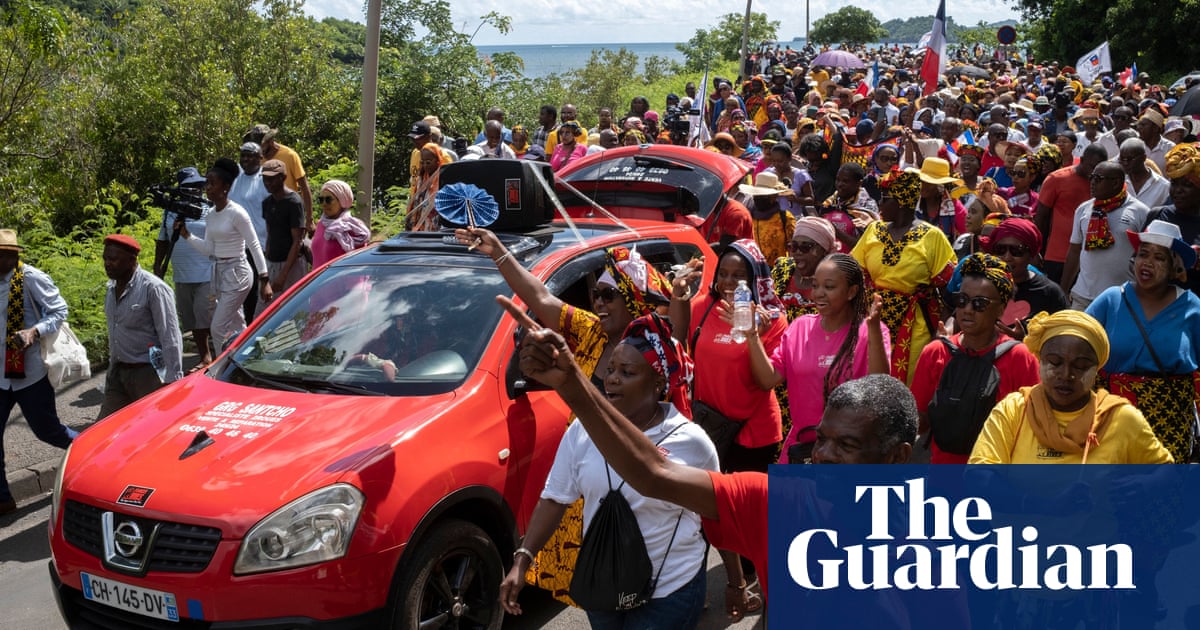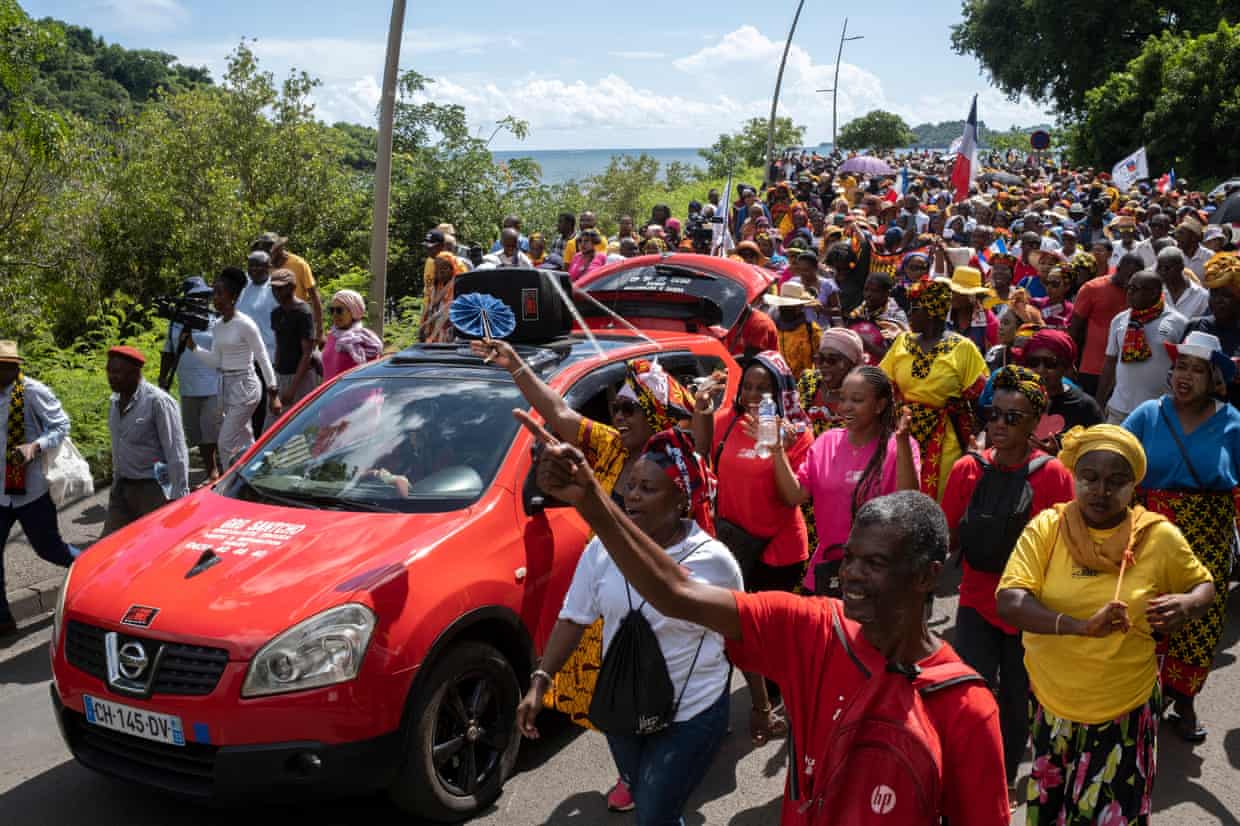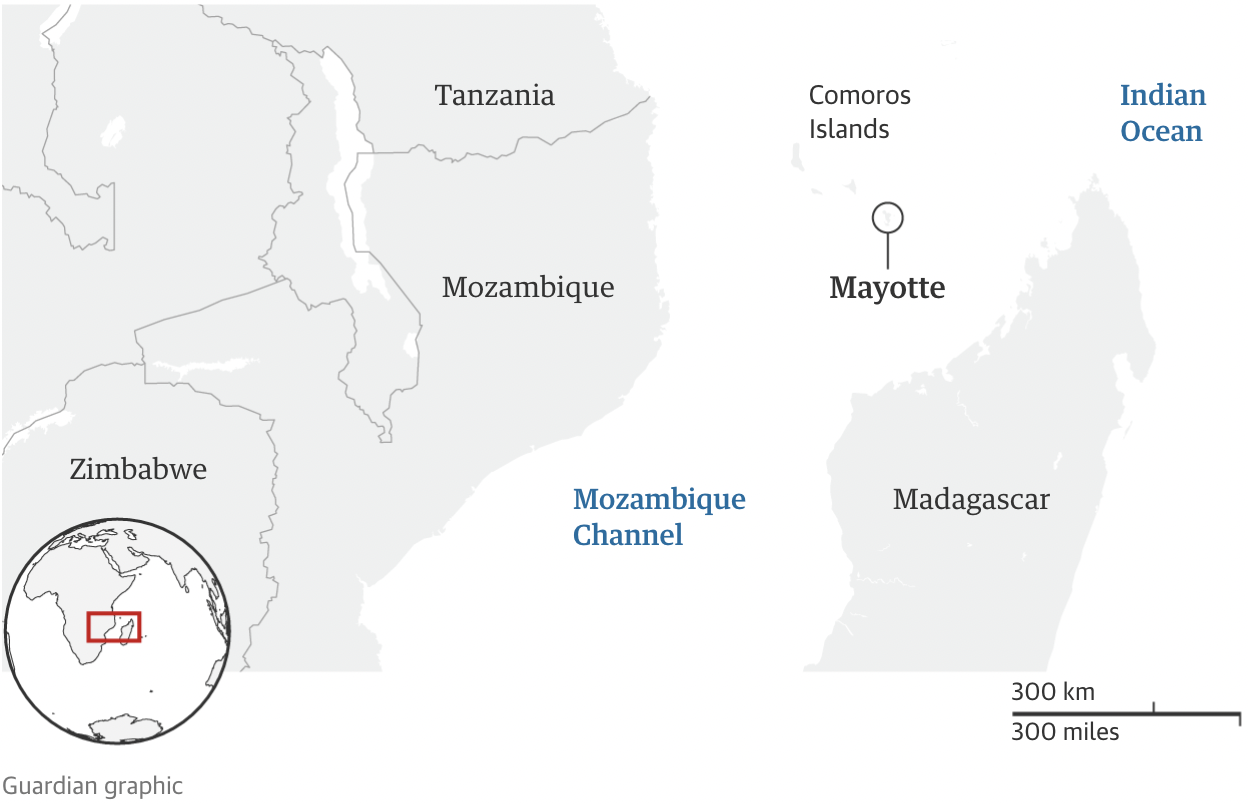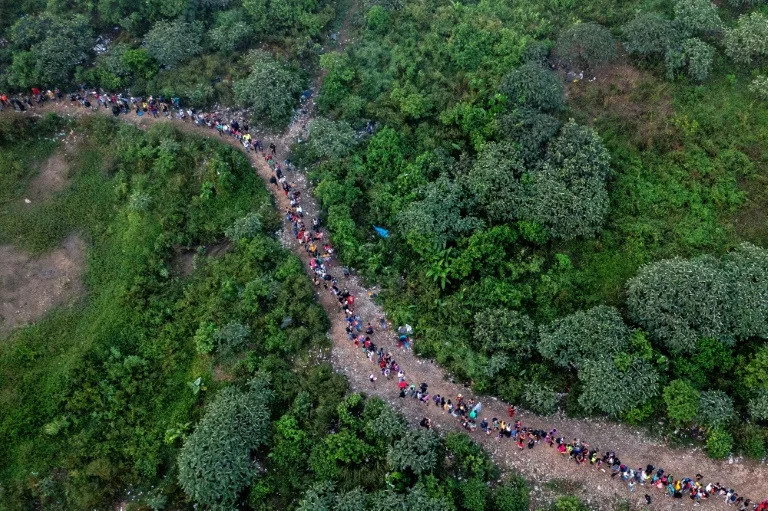Gawn Chippin
Arachnocronymic Metaphoron
How does anyone sleep on a rudder? Appearantly, this taxi missed a stop:

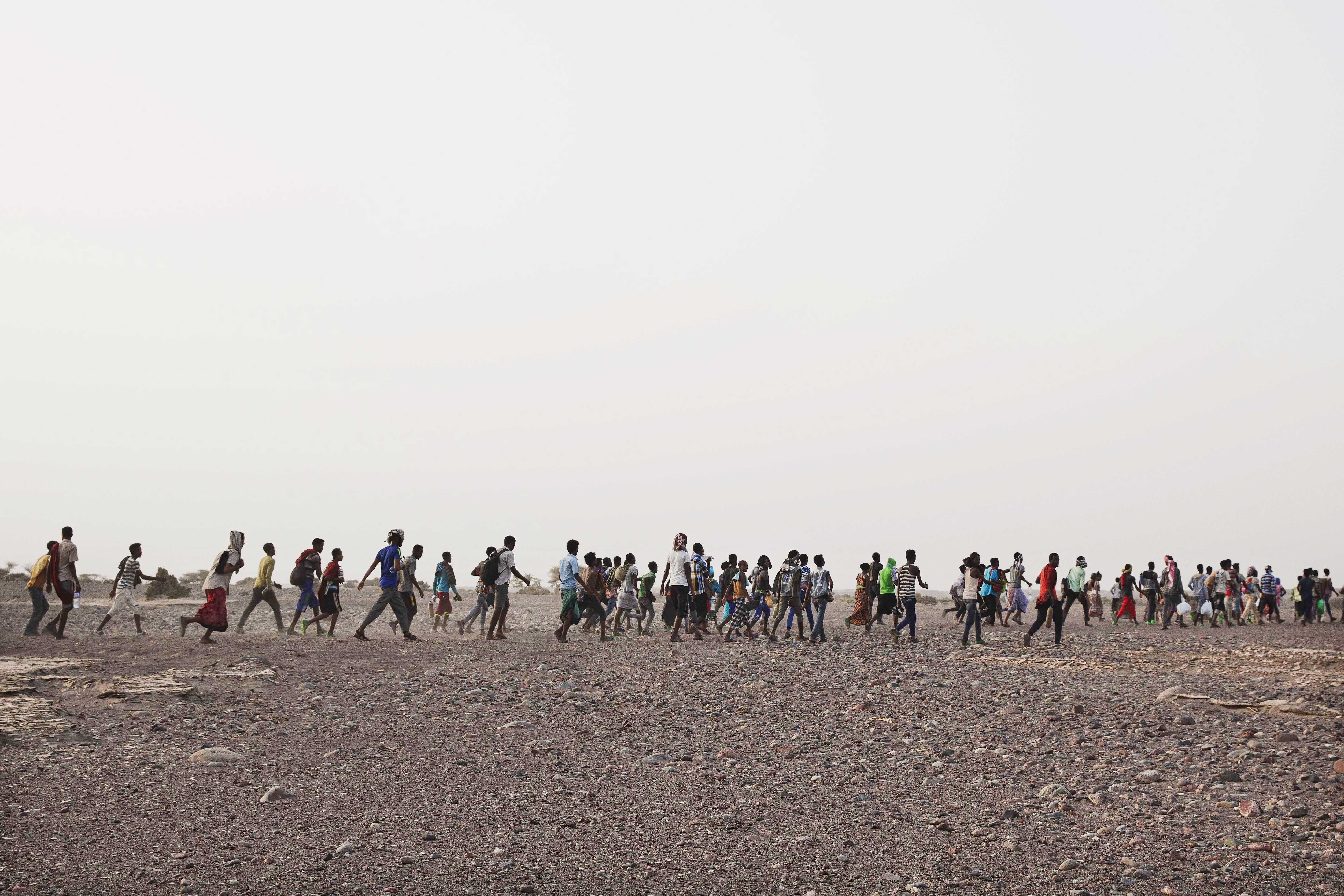
Book V of the Aeneid. See also, Palinurus.How does anyone sleep on a rudder? Appearantly, this taxi missed a stop:


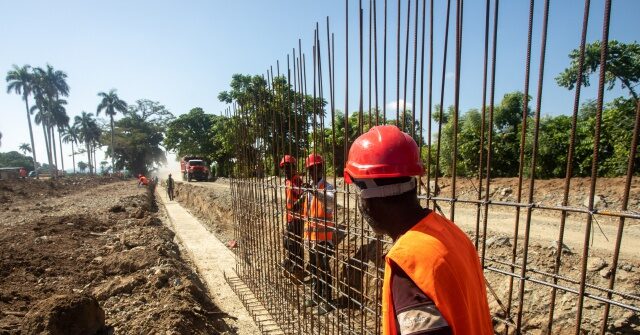
Dominican Republic Building Over 100 Miles of Border Wall to Stop Illegal Immigration from Haiti
The Dominican Republic is building a 13-foot-high border wall in the hopes of ending waves of illegal immigration from Haiti.www.breitbart.com
Dominican Republic Building Over 100 Miles of Border Wall to Stop Illegal Immigration from Haiti
JOHN BINDER
29 Sep 2022
The Dominican Republic is building a 13-foot-high border wall — set to be the second-longest border wall in the Americas — in the hopes of ending waves of illegal immigration from Haiti.
The government of the Dominican Republic began building the border wall in February to put a halt to illegal immigration from Haiti, which citizens have said is overwhelming their small communities, depressing wages, and undercutting their quality of life.
The concrete and steel wall, when finished, will stand 13 feet tall, and stretch just over 100 miles. The only other existing border wall in the Americas that is longer is the United States-Mexico border wall.
One citizen of the Dominican Republic told Bloomberg that he is tired of Haitians overwhelming his small hometown and leaving trash along the streets:
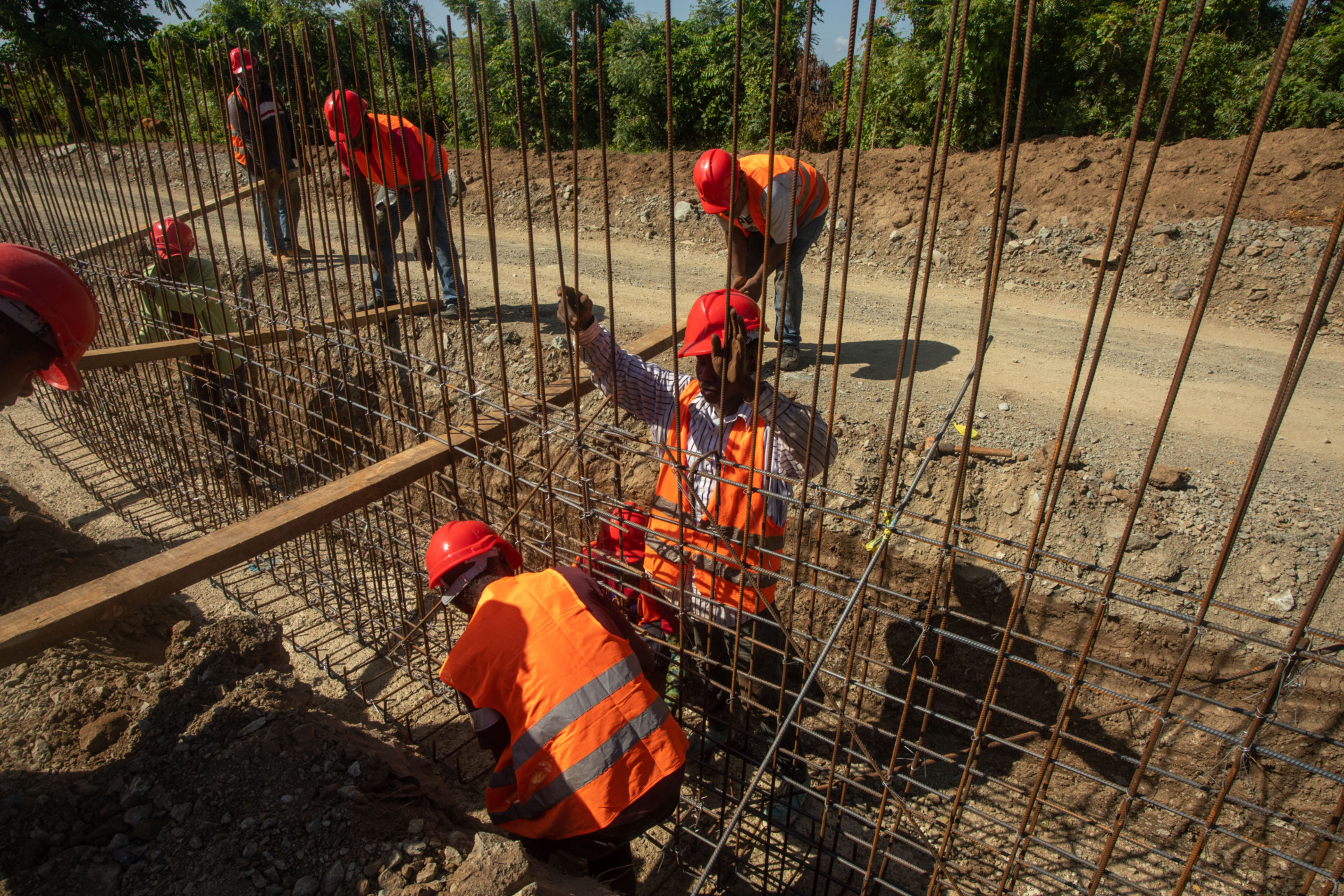
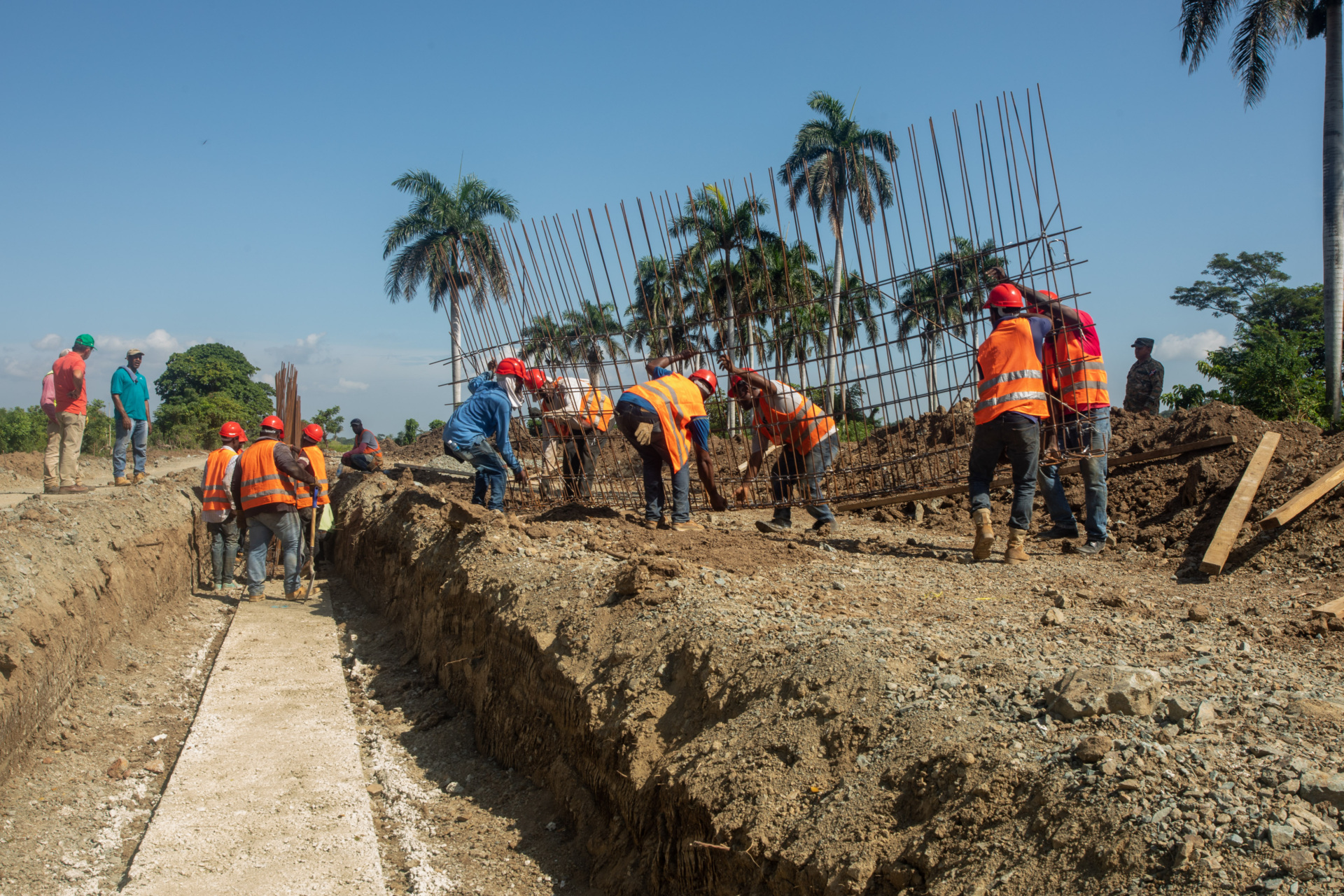
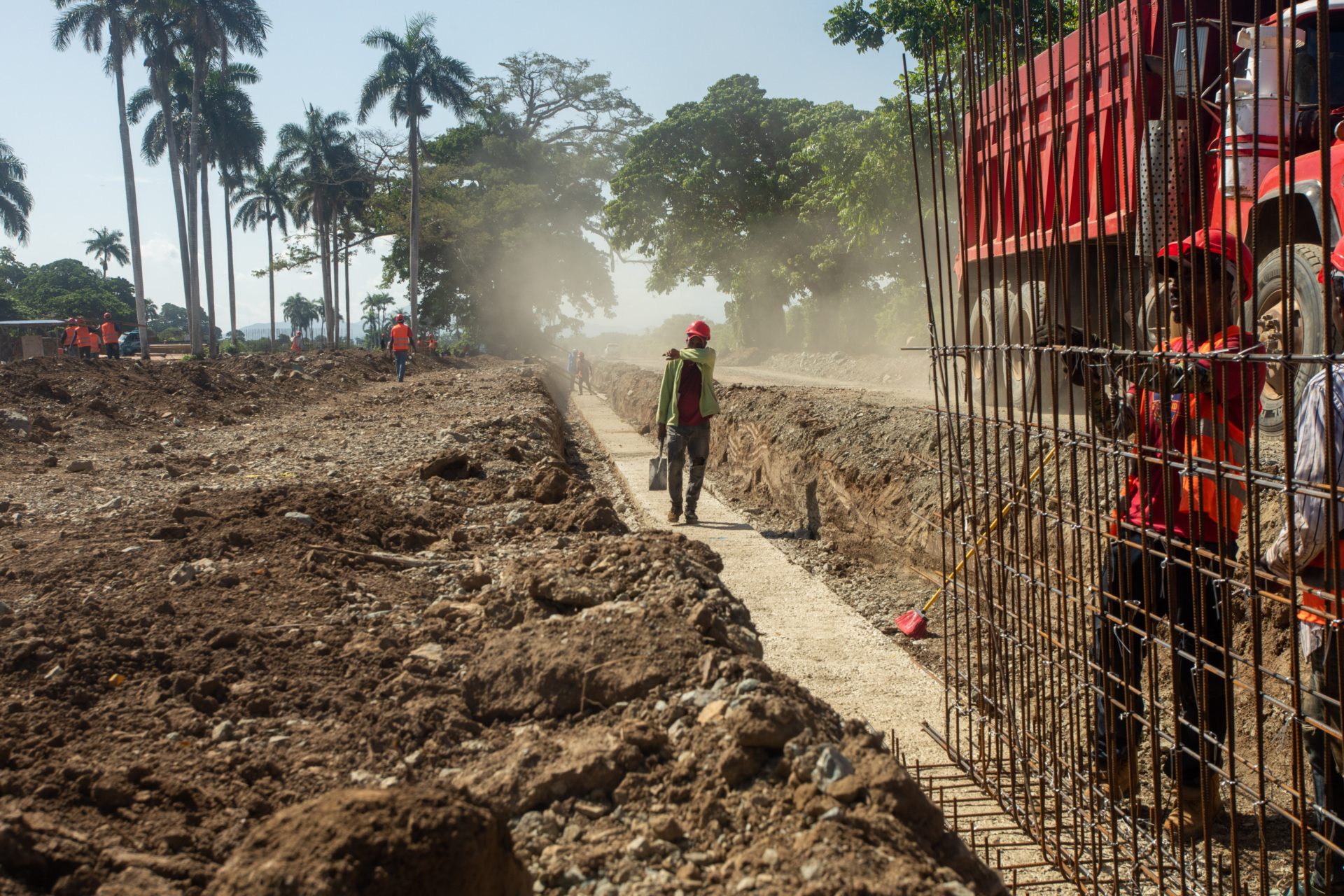
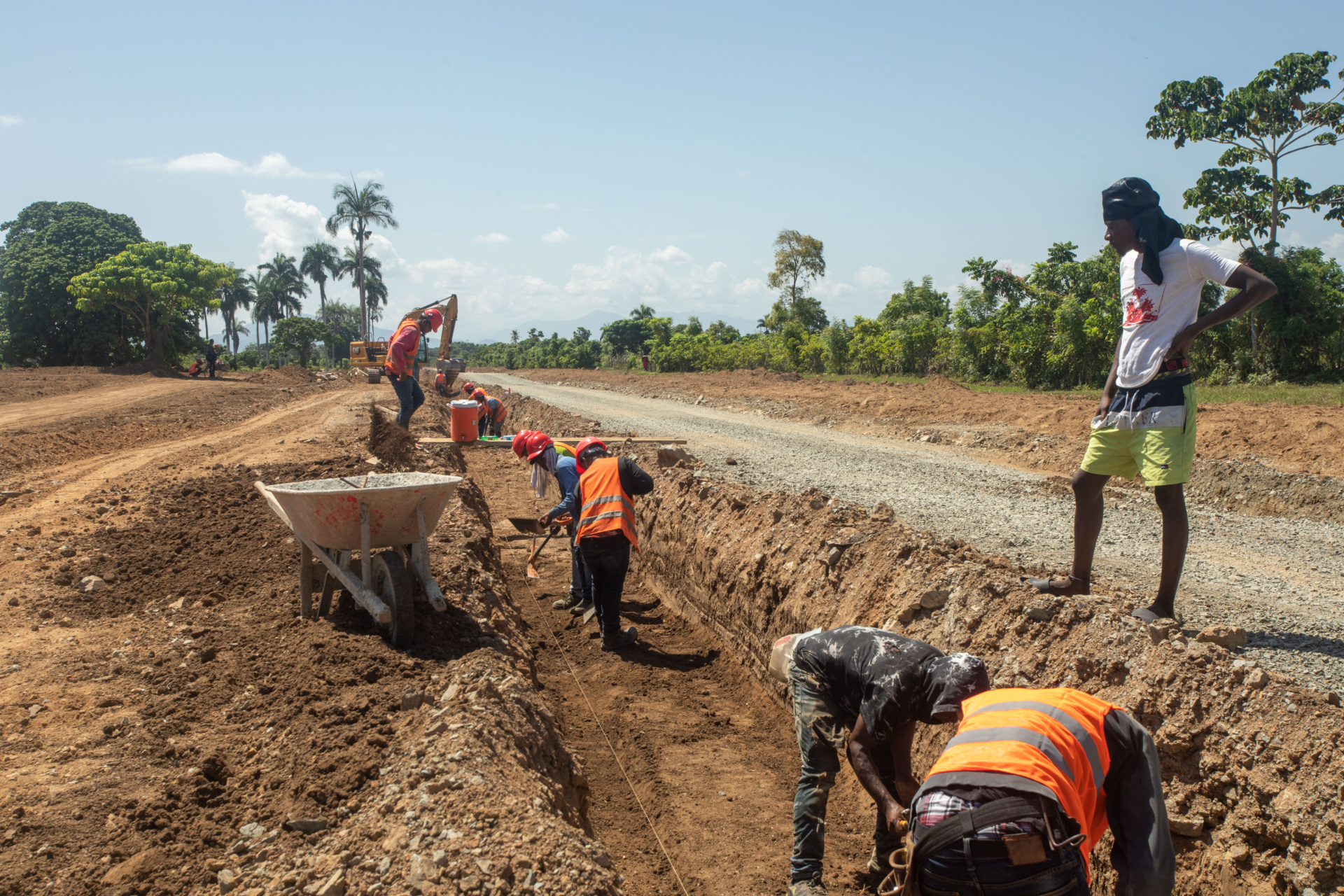
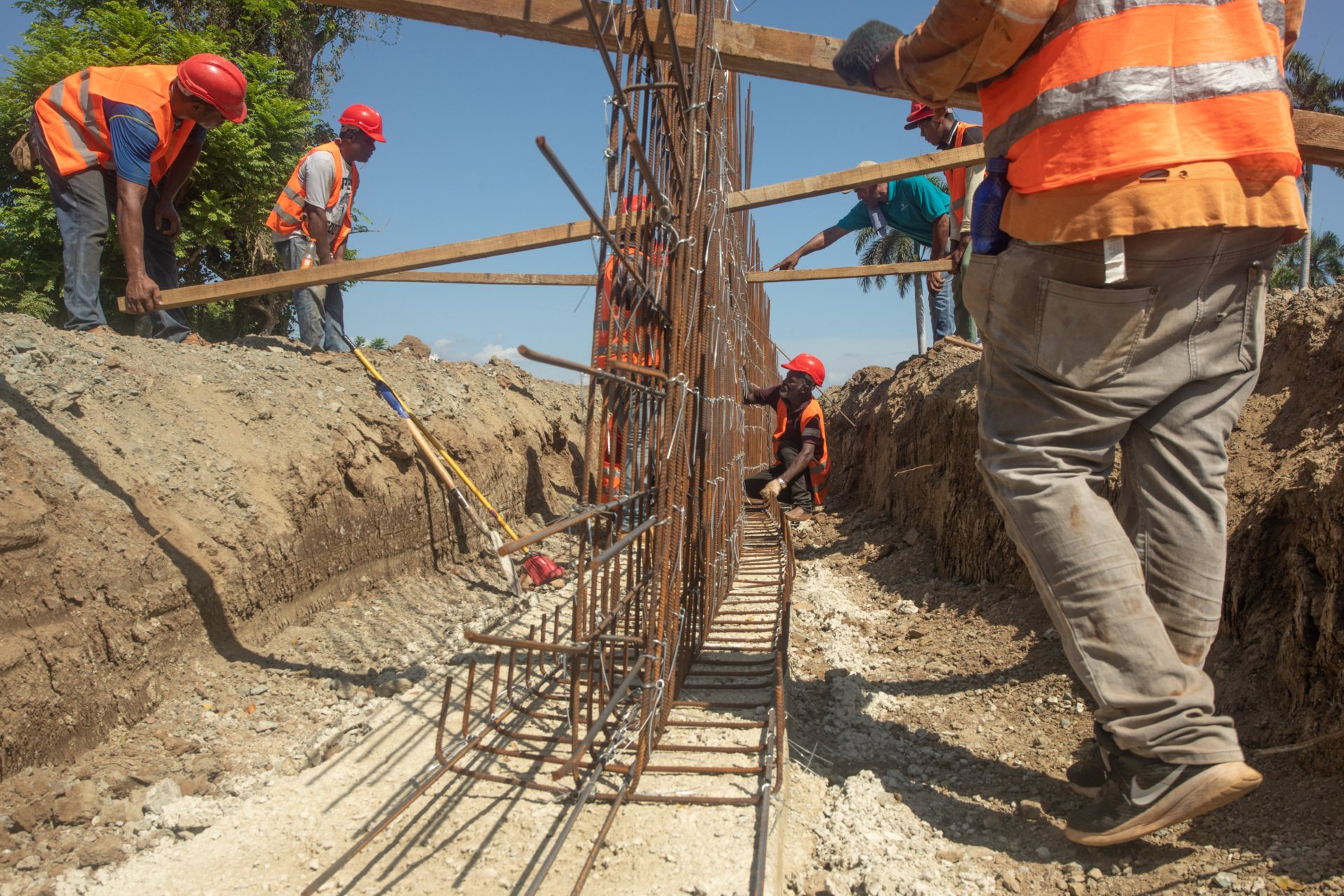
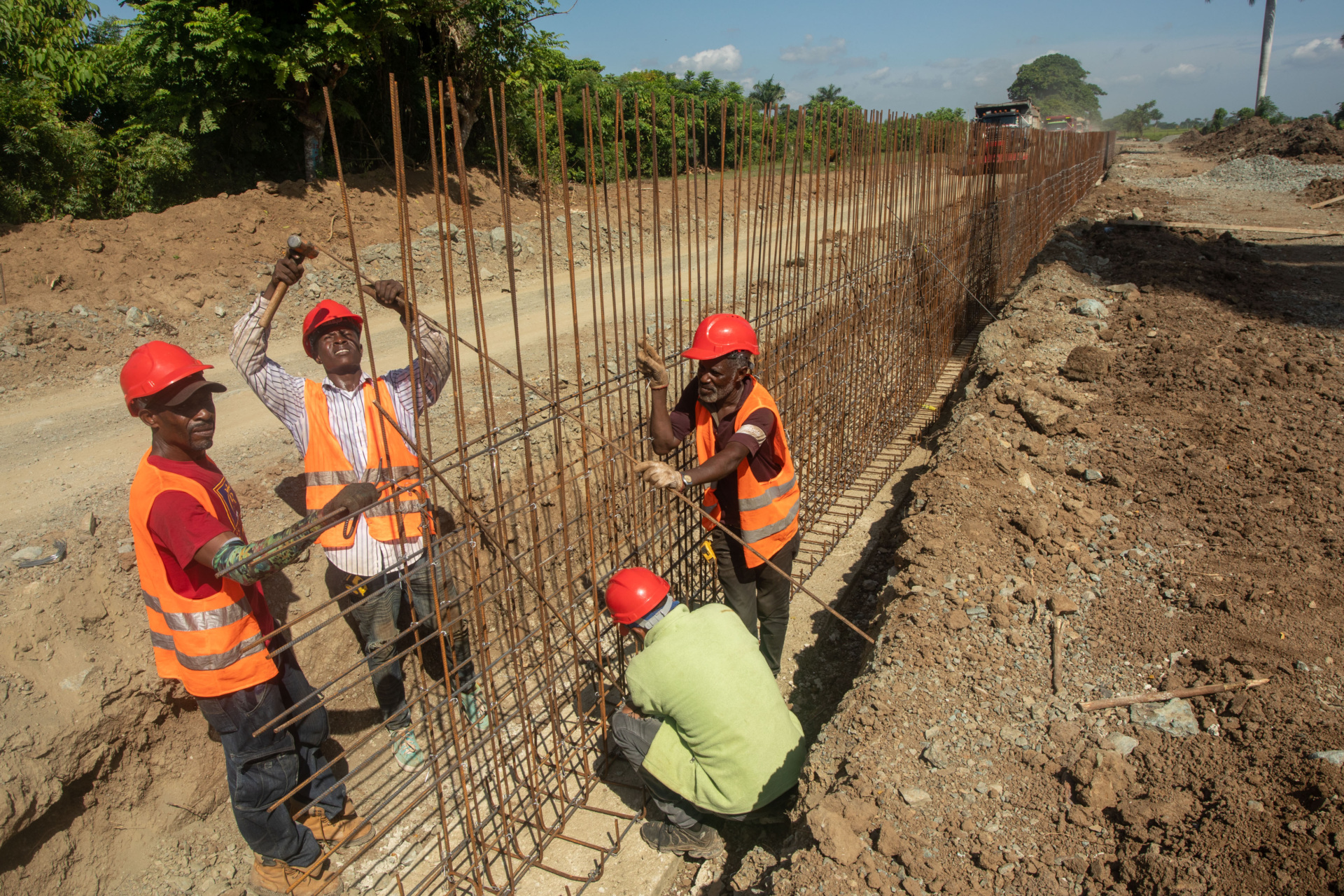
Workers build a border wall between Haiti and the Dominican Republic to stop the flow of migrants fleeing Haiti in Dajabon, Dominican Republic, on Saturday, Aug. 13, 2022. (Tatiana Fernandez Geara/Bloomberg via Getty Images)
The Dominican Republic’s border wall with Haiti comes as a multitude of foreign countries have taken new steps to preserve their national sovereignty. In August, Greek officials announced they would lengthen their border wall with Turkey, and in 2019, France built a similar border wall to keep migrants from rushing into Britain.
Border wall projects around the world are set against the backdrop of President Joe Biden halting all construction of a border wall along the United States-Mexico border — vowing before he was elected that “there will not be another foot of wall constructed in my administration.”
In July, though, Biden’s Department of Homeland Security (DHS) began closing up particular holes in the border wall, specifically in the Yuma, Arizona region. Most of the nearly 2,000-mile-long southern border remains without any barrier at all.
Since Biden took office, roughly 2.2 million border crossers and illegal aliens have entered American communities via the southern border. About 1.35 million of those were briefly apprehended and quickly released into the U.S. interior by Biden’s DHS.
John Binder is a reporter for Breitbart News. Email him at jbinder@breitbart.com. Follow him on Twitter here.
